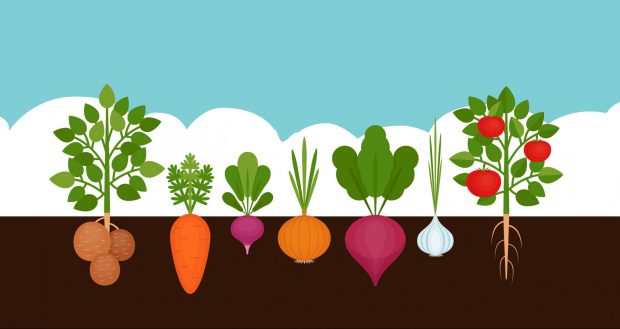 Severine von Tscharner Fleming ’04 is a national leader in a growing agricultural movement encouraging young farmers to grow food to be sold close to market and serve as stewards of the nation’s dwindling supply of irrigable farmland. She is a founding board member of the Agrarian Trust and the director of Greenhorns, a grassroots cultural organization for young farmers that produces an annual literary journal for working agrarians called the New Farmers Almanac. Additionally, she runs Smithereen Farm, a certified organic wild blueberry, seaweed and orchard operation in Maine that hosts summer camps, camping and educational workshops. She also speaks nationally and internationally on land access, food sovereignty and the needs and vision of the incoming generation of farmers and ranchers. PCM’s interview with her has been edited for length and style.
Severine von Tscharner Fleming ’04 is a national leader in a growing agricultural movement encouraging young farmers to grow food to be sold close to market and serve as stewards of the nation’s dwindling supply of irrigable farmland. She is a founding board member of the Agrarian Trust and the director of Greenhorns, a grassroots cultural organization for young farmers that produces an annual literary journal for working agrarians called the New Farmers Almanac. Additionally, she runs Smithereen Farm, a certified organic wild blueberry, seaweed and orchard operation in Maine that hosts summer camps, camping and educational workshops. She also speaks nationally and internationally on land access, food sovereignty and the needs and vision of the incoming generation of farmers and ranchers. PCM’s interview with her has been edited for length and style.
PCM: Have you seen an uptick in interest in gardening or urban farming—what some are calling “pandemic victory gardens”?
von Tscharner Fleming: There’s a massive increase in gardening and local food. CSA [community-supported agriculture] signups are up. Local meat sales are up. Farm-club computer ordering is up. Fresh vegetable sales at grocery stores are up. This has been documented by garden centers, nurseries, hatcheries, inquiries through goodfoodjobs.com, through ATTRA, Americorps, WOOF USA and our own viewership at youngfarmers.org and Greenhorns.org.
PCM: What do you think is motivating people to plant victory gardens?
von Tscharner Fleming: Tending to living beings, tuning in to Earth life—this helps the vibrations. It’s an antidote to computer-brain and Zoom bingo. It also seems like tuning in to the crisis is anxiety-creating and debilitating, boring and trying and stressful. We also saw a major increase in home cooking and bread baking. All my friends who sell flour and local grains had huge demand.
PCM: What kinds of problems are people wrestling with as they try to up their game or expand their investment in gardening?
von Tscharner Fleming: Everywhere, the weather is abnormal. Abnormally hot, abnormally dry, abnormally wet. It’s an abnormal time for gardening, but diversity and organic compost are very strong tactics overall.
PCM: How sustainable do you think this growing interest in growing our own food is? Is it sustainable or just something people are doing until things go back to normal?
von Tscharner Fleming: Do I think that the world is going back to normal? No. There is no normal; there is history, and there is the future. Unemployment hit 30 percent during the peak of the shutdown. Many of those jobs will not come back. Our economy will be transformed by COVID and by the shakeup of small and medium businesses. This means that there will be more edge. Digital workers will be, as they already are, moving to small towns for a better lifestyle. This alone will provoke a lot of changes. Then there are all the jobs that are imperiled by automation. While many people live in cities and don’t have access to land for gardening, those in the suburbs already do, and here in the U.S., our countryside is wide open—so many small towns with main streets are ready to be revived, rural areas that turned into monocultures for export that need to be diversified. Such a lot of opportunity for entrepreneurship and reshuffling of our farm economy.
PCM: Do you think this could have a lasting effect on people’s relation to food or to the environment?
von Tscharner Fleming: Every economic crisis provokes changes, especially with the youngest generation, who have to confront the difficult job market. The last big pulse of the 2008 economic crisis was a huge recruitment episode for new farmers with record application rates at the organic training farms.
PCM: What has been your own experience with gardening during the pandemic?
von Tscharner Fleming: In our gardens at Smithereen Farm we are growing more storage crops—corn, potatoes, garlic. I’m freezing as much as I can—tomatoes, squash, kale, greens—mostly because we’d rather have way too much food than not enough, and so we can comfortably host and feed our guests with food we’ve grown. It feels like a great time to have a stocked sanctuary.
PCM: Do you have any recommendations for people who want to get started on a victory garden?
von Tscharner Fleming: There’s marvelous literature on this subject. Go to your public library.
